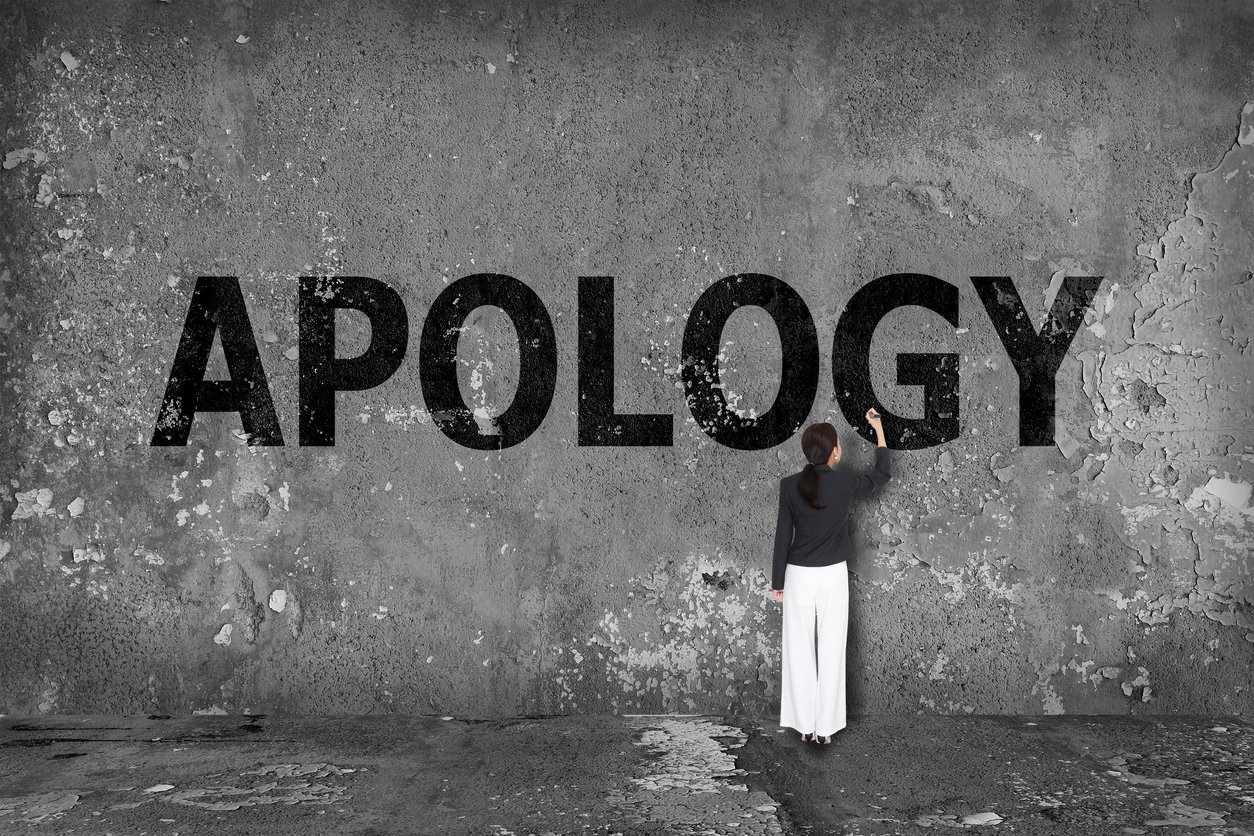With many people stuck at home with family members due to the ongoing pandemic, getting on each other’s nerves has become inevitable. The stress related to the pandemic has done nothing to help. When you’re under psychological stress, you are likely to say something you do not mean or even lash out angrily to someone you hold dear.
Regardless of whether you believe what you said was right or wrong, it is important to apologize if you hurt or anger someone. Dr. Ronald Siegel, Assistant Professor at Harvard, explains that to re-establish or preserve good relations with people you’ve hurt, it’s important to look at things from their point of view and understand their concerns.
For an apology to be successful, it has to be heartfelt. It has to acknowledge that the other person has been offended and assume responsibility by accepting the actions that hurt the offended person. You want to show that you are honestly sorry and care about the offended person by promising to make amends and further taking steps to ensure that it does not happen again.
The late psychiatrist and apology expert, Dr. Aaron Lazare, a good apology hosts for elements:
Take responsibility: Acknowledge the offense that caused the harm, whether physical or psychological. Further, confirm that your behavior was unacceptable. It is also important to use precise wording in the apology and avoid evasive language that belittle the offense.
Explain what happened: The most important yet challenging thing here is to explain how the offense happened without trying to excuse it. A common way to do this is by saying that there is no excuse for what you did.
Show remorse: If you feel humiliated or ashamed by what you did, it is vital to include it in the apology as a way of expressing your remorse.
Promise to make amends: If, for example, you have damaged someone’s property, offer to repair or replace it. If the offense caused emotional pain to someone, accept responsibility and promise to be more sensitive towards them in the future.


